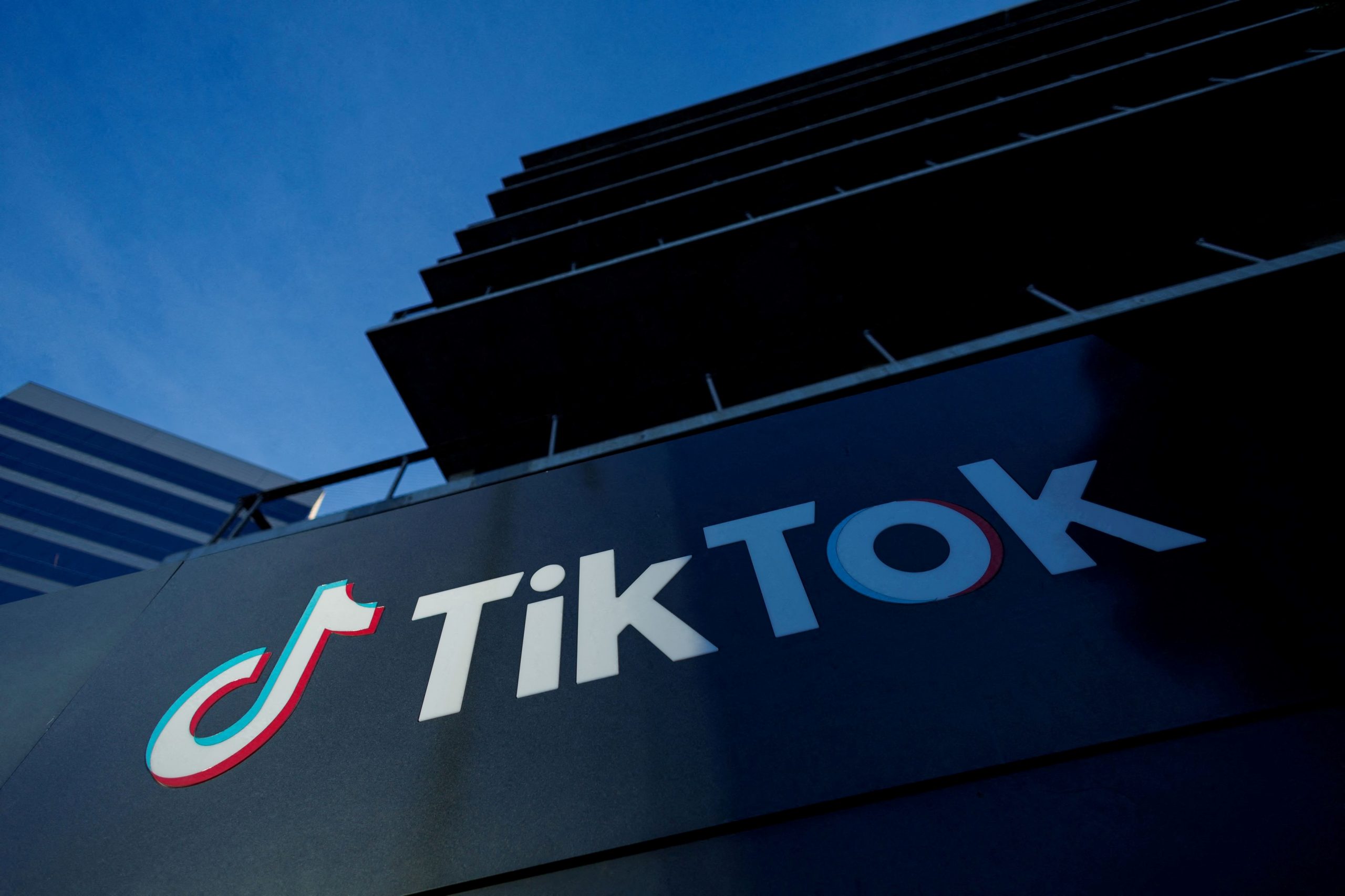If TikTok actually gets banned in the U.S., expect the benefits to mostly accrue to those who need them the least.
The House passed a measure over the weekend that would require either the divestiture or ban of the Chinese-owned social media app within a year. The Senate is widely expected to approve the measure, and President Biden has publicly committed to signing it. Hence, TikTok’s ultimate fate in the U.S. will likely be decided in court, where the company has vowed to press its case.
That ultimate outcome is far from certain. But the significantly increased possibility that the mega-popular app could disappear from U.S.-based smartphones has Wall Street laying bets on who stands to benefit the most from such a scenario—and who gets hurt.
WINNERS
The biggest consensus winners are Instagram and Facebook, owned by Meta Platforms, and YouTube, owned by Google-parent Alphabet. Both companies operate short-form video platforms—called Reels and Shorts respectively—that are TikTok’s biggest competitors among the U.S. audience. In a note Monday, Bernstein analysts estimated that Meta would likely draw about 55%-60% of TikTok’s U.S. ad revenue. YouTube would draw another 25% or so of that revenue pie, they projected.
That doesn’t leave much for SnapChat’s parent company. But a little can go a long way there, since Snap generates about 3% of Meta’s annual ad revenue. In another report Monday, Benjamin Black of Deutsche Bank estimated that every 10% of TikTok’s minutes that accrue to Snapchat would boost its parent’s 2025 revenue by 25%. A similar amount shifting to Facebook or Instagram gives only a 2% revenue lift to Meta, Black estimated.
LOSERS
A definite loser would be Oracle, the cloud software giant that hosts TikTok’s service in the U.S. In a report Monday, Karl Keirstead of UBS estimated Oracle’s revenue from TikTok in a range of $600 million to $650 million a year.
That would only be a little over 1% of Oracle’s total annual revenue, though Keirstead also thinks TikTok is currently the largest customer for Oracle’s OCI cloud service, which competes with Amazon, Microsoft and Google in that space. “However, our checks suggest the downside could be mitigated by Oracle’s ability to re-purpose the TikTok capacity (and convert its material OCI backlog) and by the likelihood that the TikTok deal is at quite low margins,” Keirstead wrote.
This analysis comes from the Journal’s Heard on the Street team.



